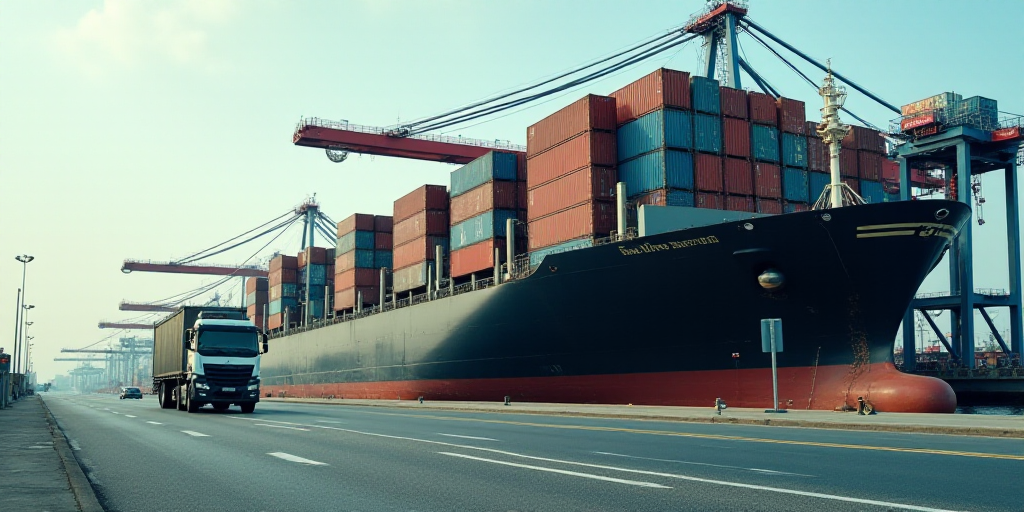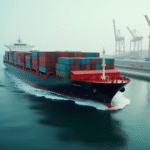Introduction to Customs Law Reform
On September 8th, a significant reform to the Customs Law is set to be presented. This update aims to reshape the responsibilities of customs agents, fostering a more collaborative and efficient system. The reform seeks to address existing challenges, enhance transparency, and strengthen the overall customs process.
Who are Customs Agents?
Customs agents play a crucial role in the global trade ecosystem. They are responsible for managing and regulating the import and export of goods, ensuring compliance with laws and regulations. These agents work on behalf of governments or private companies, acting as intermediaries between traders and customs authorities.
Relevance of Customs Agents
Customs agents are essential for maintaining the smooth functioning of international trade. They facilitate the exchange of goods by verifying the legitimacy of transactions, collecting duties and taxes, and preventing smuggling or other illicit activities. Their work directly impacts businesses, consumers, and governments by ensuring that trade flows efficiently and securely.
Key Points of the Customs Law Reform
- Shared Responsibility: The reform emphasizes a shared responsibility model among customs agents, government agencies, and technology providers. This collaborative approach aims to improve accountability and efficiency in the customs process.
- Enhanced Transparency: The updated law will introduce greater transparency in customs procedures, enabling better communication and collaboration among all parties involved.
- Technology Integration: The reform encourages the integration of advanced technologies, such as artificial intelligence and blockchain, to streamline customs processes, reduce human error, and increase security.
- Risk Management: The new law will prioritize risk-based approaches to customs inspections, focusing on high-risk shipments and enhancing the overall security of international trade.
- Capacity Building: The reform will promote capacity building and training programs for customs agents, ensuring they are well-equipped to handle the evolving demands of global trade.
Impact on Businesses and Consumers
The Customs Law reform is expected to have a positive impact on businesses and consumers alike. By fostering collaboration, enhancing transparency, and integrating advanced technologies, the reform aims to:
- Reduce Delays: Streamlined customs processes will minimize delays in the import and export of goods, leading to faster delivery times for consumers.
- Lower Costs: Improved efficiency and reduced human error will contribute to lower customs-related costs for businesses, ultimately benefiting consumers through more competitive prices.
- Increased Security: Risk-based customs inspections will strengthen the security of international trade, protecting both businesses and consumers from illicit activities.
Key Questions and Answers
- What is the main objective of the Customs Law reform? The primary goal is to establish a shared responsibility model among customs agents, government agencies, and technology providers. This collaborative approach aims to improve accountability, efficiency, and transparency in the customs process.
- How will the reform impact businesses? The reform is expected to reduce delays, lower customs-related costs, and increase security in international trade. These improvements will ultimately benefit businesses by facilitating smoother operations and more competitive pricing.
- What role do advanced technologies play in the reform? The reform encourages the integration of advanced technologies, such as artificial intelligence and blockchain, to streamline customs processes, reduce human error, and enhance security.
- How will the reform affect consumers? By minimizing delays and lowering costs for businesses, the reform will lead to faster delivery times and more competitive prices for consumers.
- What is the significance of risk-based customs inspections? Risk-based customs inspections prioritize high-risk shipments, strengthening the security of international trade and protecting both businesses and consumers from illicit activities.






